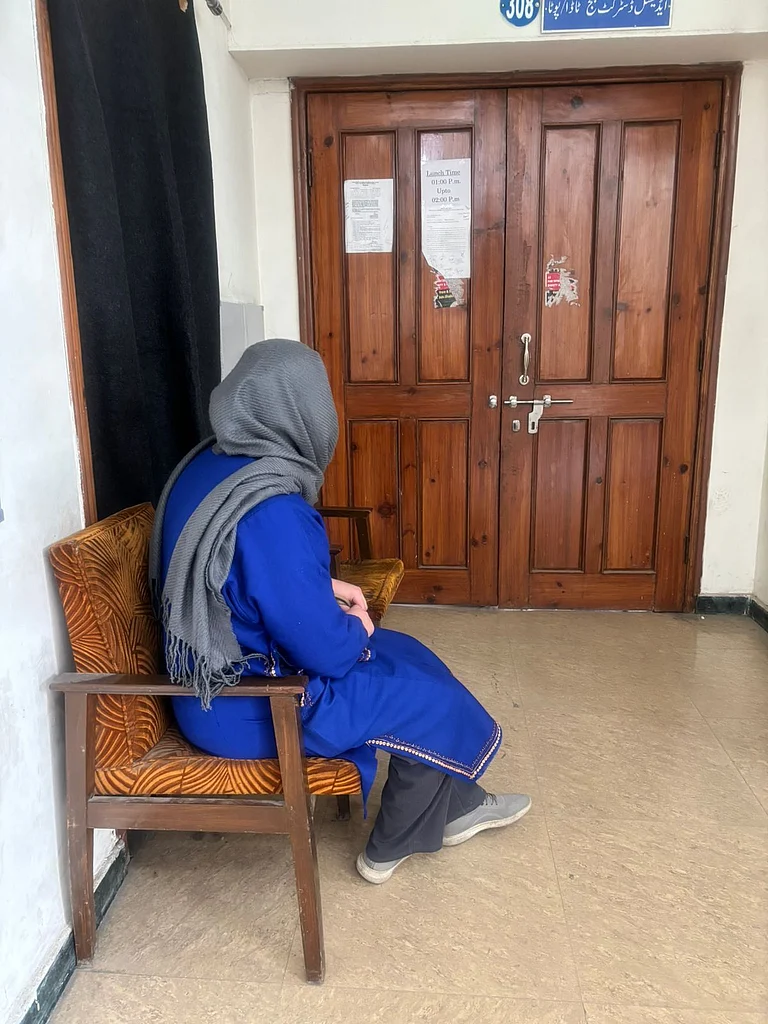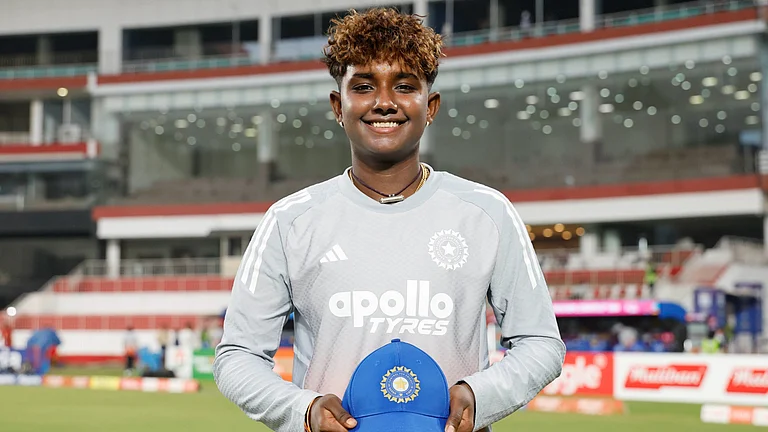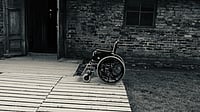The woman who doesn’t speak anymore, and nobody knows if she ever did, and the woman who always smiles and speaks in broken words and has kept a cat, held the other woman who spoke so much about her life that she broke down. The vocabulary of pain is always limited. If tears could be alphabets, Kamalini must have birthed a book of suffering that evening in Ratnagiri. The “mad” speak in their own language—touch, smile and so on. Kamalini sometimes says she doesn’t want to go on living. But something stops her. A gesture, perhaps, like the way the two women wrapped their arms around her.
She had left home in Mayurbhanj district in Odisha one day when she was just 19 years old, after she found out that her husband was having an affair and after he had been abusive towards her. She had no means to live on her own. Her brother had died. Her father, now old and always poor, was incapable of bringing her home.
Back then, she sold some jewellery and, with the Rs 5,000 she got, sat in a train. For a month, she kept changing trains with no particular destination. She felt sad, she said. When her money ran out, she had to ask for clothes and food. Sometimes, she even had to do “extreme things” to survive. Somehow, she found herself in a state mental hospital in the south of India, and then she had to keep moving to other facilities for a decade until she came to Ratnagiri in Maharashtra.
“I was married at 15, and when I left home, I used to cry a lot. I used to think I had nobody, and I would call out to all the gods to give me a home where I’d belong,” she says. But her father tells her not to come home and to be well wherever she is. Kamalini worries about the future. Here, in this apartment, she has a room of her own after her friend left. There is a window there, and a dresser with a few things. “I always travelled light,” she says. And when the women held her, she knew she was home, as much as one can be.
Kajal once ran away and, with the money she found at home, bought herself goggles and chow mein at the market. She had wanted to go home but didn’t know where to find it or how to get there. But those who have been homeless have no fear of the streets and their brutality. She was found and brought back, and now she smiles and holds a cat she calls Sundari.
Kajal had no name. At the state mental hospital she came from, her name was just a number—No. 28. Now, she has a home, friends and a cat. And she is free to smile as much as she wants in the sunglasses she sometimes wears.
MORE FROM THIS ISSUE
In its August 21 issue Every Day I Pray For Love, Outlook collaborated with The Banyan India to take a hard look at the community and care provided to those with mental health disorders in India. From the inmates in mental health facilities across India—Ranchi to Lucknow—to the mental health impact of conflict journalism, to the chronic stress caused by the caste system, our reporters and columnists shed light on and questioned the stigma weighing down the vulnerable communities where mental health disorders are prevalent.
This copy appeared in print as 'Lived Experiences'.
































